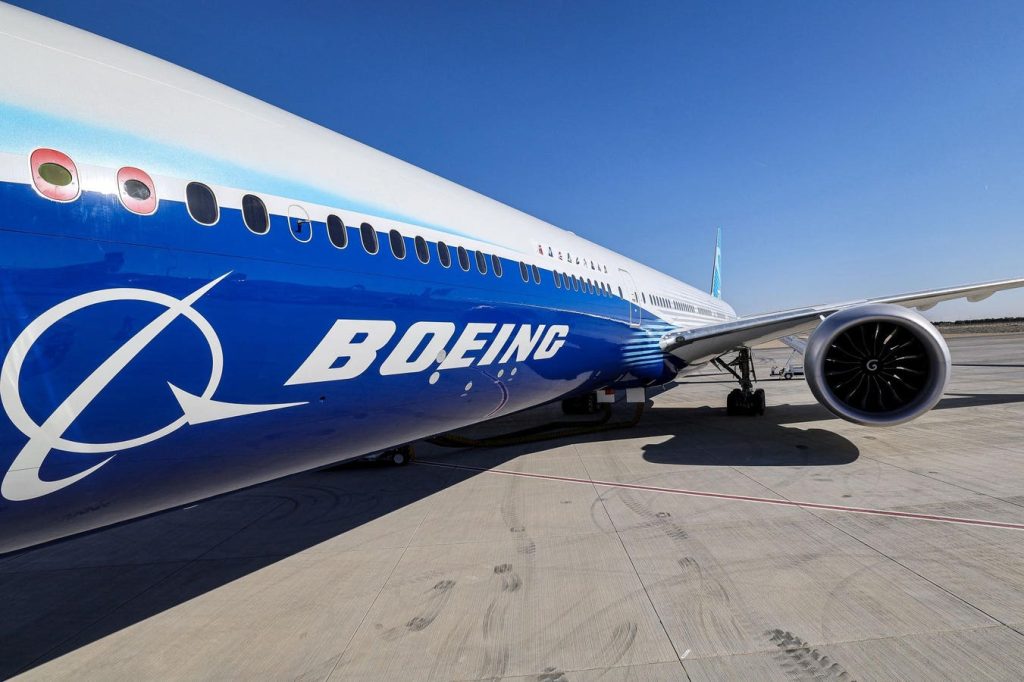Boeing, a cornerstone of the global aerospace industry, finds itself navigating turbulent skies. A confluence of factors, including financial pressures, stringent regulatory oversight, and dynamic market forces, has created a challenging environment for the aviation giant. Recent events, including increased interest from activist investors and reports of Warren Buffett’s potential investment, signal a potential turning point for the company. This heightened scrutiny from high-profile figures carries significant implications not only for Boeing’s future but also for its shareholders and the broader aerospace landscape.
The company’s recent struggles stem from a combination of operational and financial setbacks. The grounding of the 737 MAX following two tragic accidents significantly impacted Boeing’s reputation and financial performance. These events eroded public trust and led to substantial losses. The COVID-19 pandemic further exacerbated Boeing’s challenges, as the sharp decline in air travel resulted in order cancellations and deferrals, impacting the company’s cash flow and profitability. These combined pressures have taken a toll on Boeing’s stock price, creating volatility and uncertainty for investors. Competitors, such as Airbus, have capitalized on Boeing’s difficulties, further intensifying the pressure on the company to regain its footing.
Activist investors, known for their proactive approach to influencing corporate strategy, have taken an interest in Boeing. These investors leverage their ownership stake to advocate for changes they believe will enhance shareholder value. Their tactics can range from pushing for management changes and operational restructuring to advocating for the sale of assets or even the entire company. Activist investors often target companies they perceive as underperforming or undervalued, seeking to unlock hidden potential and drive profitability. Notable examples of activist investor involvement include Elliott Management’s engagement with AT&T and Starboard Value’s influence on Yahoo, both resulting in significant corporate transformations.
The potential entry of Warren Buffett into the Boeing equation adds another layer of complexity. Buffett, renowned for his value investing philosophy, typically targets companies with strong fundamentals, consistent earnings, and a sustainable competitive advantage. His investment strategy focuses on long-term growth and stability rather than short-term gains. While Boeing’s recent challenges might seem at odds with Buffett’s typical investment criteria, the company’s inherent value and potential for a turnaround could present an attractive opportunity. Boeing’s position as a major player in the aerospace industry, a sector with high barriers to entry, aligns with Buffett’s preference for companies with durable competitive moats.
The combined influence of activist investors and potentially Warren Buffett could herald significant changes for Boeing. Activists might push for a range of reforms, including leadership changes, strategic shifts, and financial restructuring. They might also advocate for the separation of Boeing’s various divisions, such as commercial aviation and defense, to unlock value and create more focused entities. Buffett, on the other hand, might take a more collaborative approach, working with existing management to optimize capital allocation and streamline operations. His focus would likely be on reinforcing Boeing’s core strengths and positioning the company for long-term success.
The implications of these potential changes extend beyond Boeing itself. A successful turnaround at Boeing could have a ripple effect throughout the aerospace industry, prompting competitors to reassess their strategies and potentially sparking a wave of innovation. Suppliers and customers would also be affected, as Boeing’s evolving needs and capabilities reshape the industry landscape. Moreover, the increased engagement of activist investors in a traditionally conservative sector like aerospace could signal a shift towards greater shareholder activism and corporate governance reform across the industry. The coming months will be crucial for Boeing as it navigates these complex dynamics and charts its course for the future. The outcome of these events will have far-reaching consequences for the company, its investors, and the global aerospace sector as a whole.










